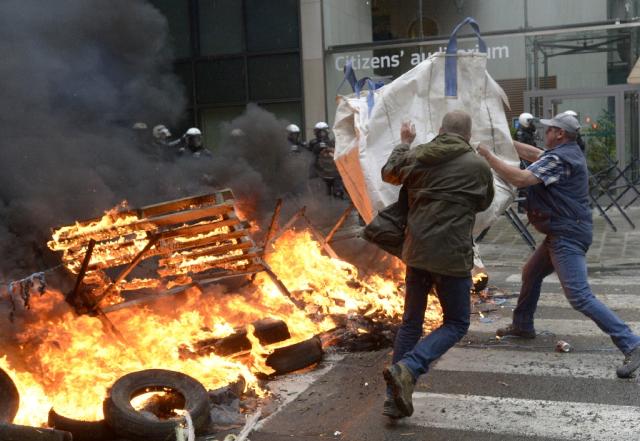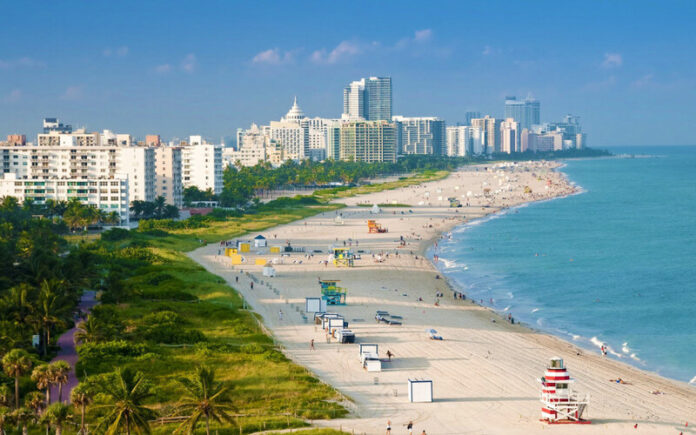Amidst the historic buildings of the European Parliament in Brussels, a chorus of discontent echoes as farmers rally against taxes, soaring costs, and the influx of cheap imports. This protest is not isolated; it’s part of a broader movement sweeping across the European Union, where farmers are taking to the streets, blocking roads, and disrupting vital economic arteries.
A Pan-European Agricultural Uprising
A Plea for Economic Relief
The grievances expressed by farmers resonate with the challenges faced in their daily operations. Taxes and rising costs have become formidable obstacles, pushing them to voice their concerns on the grand stage of Brussels.
The Art of Disruption
The protest transcends mere words, with farmers strategically blocking roads and disrupting trade at major ports. This tactic underscores the urgency of their demands, as they target crucial economic lifelines to make their voices heard.
The Tension Escalates
Despite the predominantly peaceful nature of the protests, a fringe group of farmers has resorted to extreme measures, setting fires outside the European Parliament building in Brussels. This escalation adds a layer of complexity to an already tense situation.
European Commission’s Response
In response to the farmers’ grievances, the European Commission has stepped in with proposed plans to shield farmers from cheap exports during wartime, specifically addressing concerns related to Ukraine. Additionally, the plans aim to empower farmers to protect their crops from the ever-growing threat of climate change.
Wartime Safeguards
The proposal acknowledges the challenges posed by cheap imports during times of conflict, particularly from Ukraine. By taking steps to shield farmers from this economic vulnerability, the European Commission aims to ensure a more resilient agricultural sector.
Climate Resilience
Recognizing the impact of climate change on agriculture, the proposed plans include measures to empower farmers in safeguarding their crops. This forward-thinking approach aligns with the broader global conversation about the role of agriculture in mitigating climate-related risks.
Road Ahead
While the European Commission’s plans offer a ray of hope for beleaguered farmers, their implementation hinges on the approval of the bloc’s 27 member states and the European Parliament. The road ahead is fraught with bureaucratic hurdles that will determine the fate of these proposed solutions.
Navigating the Crossroads
As farmers protest in Brussels and the European Commission endeavors to address their concerns, the crossroads of economic policy, agriculture, and public sentiment intersect. The outcome of these deliberations will not only impact farmers in the European Union but will reverberate globally, shaping the future landscape of agriculture in an ever-changing world.










